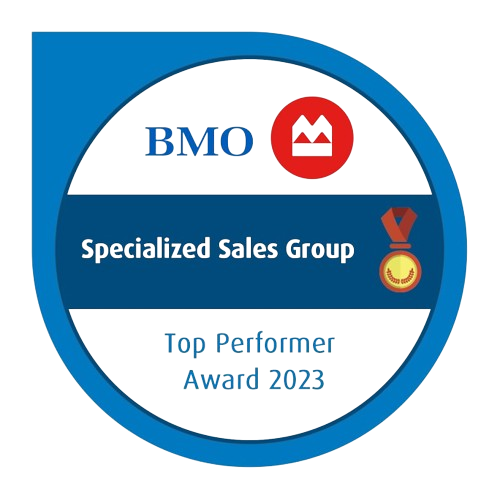The specific documents required for a mortgage can vary based on factors such as the type of mortgage, the lender’s requirements, and the borrower’s financial situation. However, there are common documents that are typically requested for various types of mortgages. Here is a general list of necessary documents:
Proof of Identity and Legal Residency:
- Driver’s license or state-issued ID
- Passport
- Social Security card
- Proof of legal residency for non-U.S. citizens
Proof of Income:
- W-2 forms (for employed individuals)
- Pay stubs (typically covering the most recent 30 days)
- Tax returns (usually for the past two years)
- Proof of additional income sources (e.g., bonuses, alimony, rental income)
Employment Verification:
- Verification of employment letter
- Recent pay stubs
- Contact information for your employer
Credit History and Scores:
- Authorization for the lender to pull your credit report
- Details of any outstanding debts (credit cards, loans)
Proof of Assets:
- Bank statements (savings, checking, and other accounts)
- Investment account statements
- Retirement account statements
- Documentation of other assets (real estate, vehicles)
Down Payment Verification:
- Bank statements showing the source of the down payment
- Gift letter if the down payment is a gift from a family member or friend
Property Information:
- Purchase agreement or sales contract
- Property listing details
- Property tax information
- Homeowners association (HOA) information, if applicable
Appraisal and Home Inspection:
- Appraisal report
- Home inspection report

Debt Information:
- Information on other debts (auto loans, student loans, credit cards)
- Details on existing mortgages, if any
Insurance Information:
- Homeowners insurance policy information
- Flood insurance, if required
Self-Employed Borrowers:
- Profit and loss statements
- Business tax returns
- Business bank statements
It’s important to note that the documentation requirements can vary by lender and by the specific type of mortgage (e.g., conventional, FHA, VA). Additionally, some lenders may have specific requirements based on the borrower’s unique financial situation. It’s recommended to contact the lender early in the mortgage application process to get a comprehensive list of required documents and to ensure a smooth application process.
Click to read the article A Comprehensive Guide on How to Get a Mortgage.


